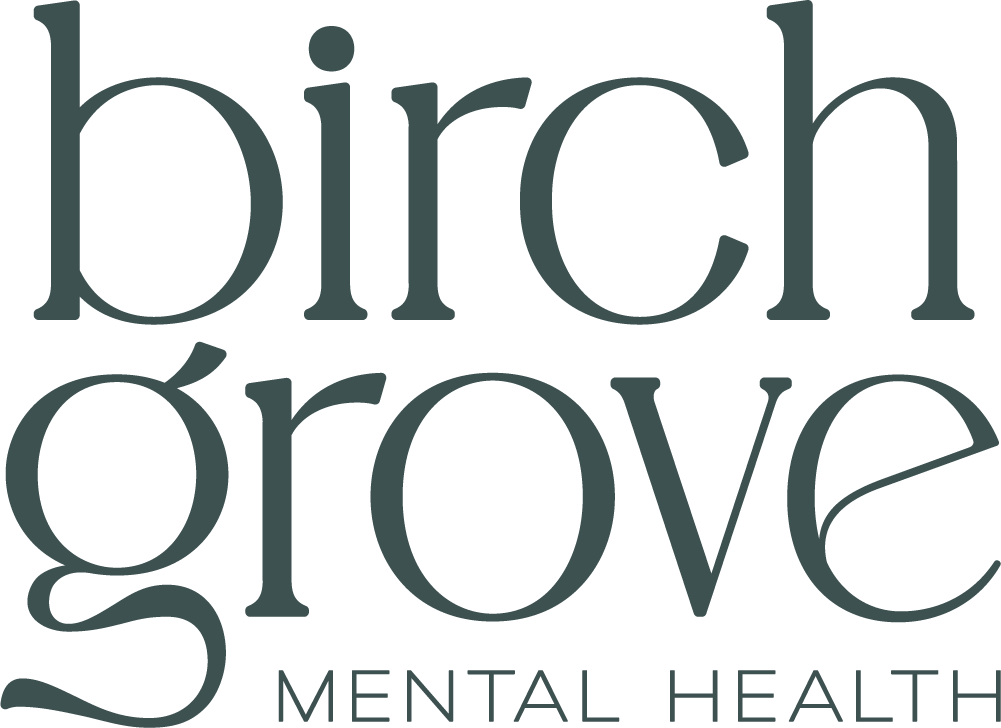Services at Birch Mental Health Management
Find Support That Works for You
Services

Medication Management
For the young adult, college students, adults and the elderly.

Coping Skills Building
Strategies and adaptation techniques you can learn to improve the way you react to your thoughts and emotions.
Medication Management and Coping Skill Development
Mental illness symptoms arise from a variety of factors, including biological (chemical imbalances, genetic predispositions), psychological (anxiety, self-beliefs), and social (social class, family dynamics).
Addressing these symptoms effectively often requires a comprehensive approach.
The Importance of Coping Skills
Developing effective coping skills is crucial for managing mental health symptoms and improving overall well-being. These skills empower individuals to navigate life’s challenges and reduce the impact of stressors on their mental health.
Medication & Coping Skills Synergy
Combining medication management with coping skills development is often more effective than either approach alone. This integrated approach addresses multiple factors contributing to mental health symptoms, leading to more effective and lasting recovery.
Tailored Treatment Options
It’s important to consider all available options when addressing your symptoms. While medication can provide significant relief, developing coping skills in many cases is essential for long-term success and resilience.
Personalized Care Plans
Our team will assess your individual needs and develop a personalized treatment plan that optimizes the benefits of both approaches. With the right support and a customized plan, you can embark on a journey toward healing, growth, and improved well-being.
Medication Management and Coping Skill Development
Our practice specializes in medication management and the development of coping skills to help you navigate life’s challenges. By addressing both the biological and psychological aspects of mental health, we aim to empower you with the tools needed for long-term success
Conditions we diagnose & treat
Anxiety – Persistent, overwhelming worry
- Excessive worry or fear
- Restlessness or feeling on edge, difficulty relaxing
- Fatigue or feeling easily tired despite adequate sleep
- Difficulty concentrating or remaining focused
Bipolar Disorder – Mood swings, irritable, impulsive
- Manic episodes of high energy, grandiosity, risky behaviors
- Hypomanic episodes of less severe mania & elevated activity
- Depressive episodes characterized by sadness & apathy
- Mixed episodes include both mania and depression
ADHD – Inattention, hyperactivity, impulsivity
- Difficulty staying focused or on-tasks
- Hyperactivity includes constant movement, fidgeting
- Impulsively or hastily acting without thinking
- Difficulty with detail resulting in careless mistakes
Depression - Sad, fatigued, unmotivated
- Persistently low or depressed mood
- Loss of interest or pleasure in activities once enjoyed
- Significant changes in appetite or weight
- Sleep disturbances such as too much or too little sleep
Trauma – Nightmares, hypervigilance, flashbacks
- Intrusive, distressing flashbacks of the traumatic event
- Avoid people & situations that remind you of the trauma
- Persistent negative emotions, feeling detached from others
- Easily startled, feeling on edge, or difficulty sleeping
Thought Disorders – Disorganized, paranoid, delusional
- Disorganized thinking, incoherent speech.
- Loose associations by jumping between unrelated topics.
- Tangentiality through inclusion of irrelevant information.
- Incoherence (word salad), illogical word combinations
Obsessive Compulsive Disorder (OCD) – Checking, counting, germaphobic
- Compulsive repetitive behaviors or rituals
- Repeatedly intrusive disturbing or unwanted thoughts
- Obsessive, recurrent urges or anxiety causing mental images
- Avoid situations that trigger obsessions or compulsions
Panic Disorder – Intense, sudden fear
- Panic attacks episodes of intense fear & discomfort
- Symptoms include palpitations, sweating, trembling
- Fear of future attacks creates worry of more attacks
- Avoids places where previous attacks occurred
The stuff of life
- Stress Management
- Life Transitions
- Relationship issues
Feeling overwhelmed or stuck?
Medication and coping skills development can be your secret weapons!
Therapy: Like a supportive coach, therapy helps you understand yourself better, develop coping skills, and make positive changes in your life.
Medication: Sometimes, our brains need a little extra help. Medication can work to balance things out and ease symptoms like anxiety or depression.
Together, they’re a powerful team! When you combine therapy and medication, you get a well-rounded approach that tackles your mental health from different angles. This can lead to feeling much better, faster!
